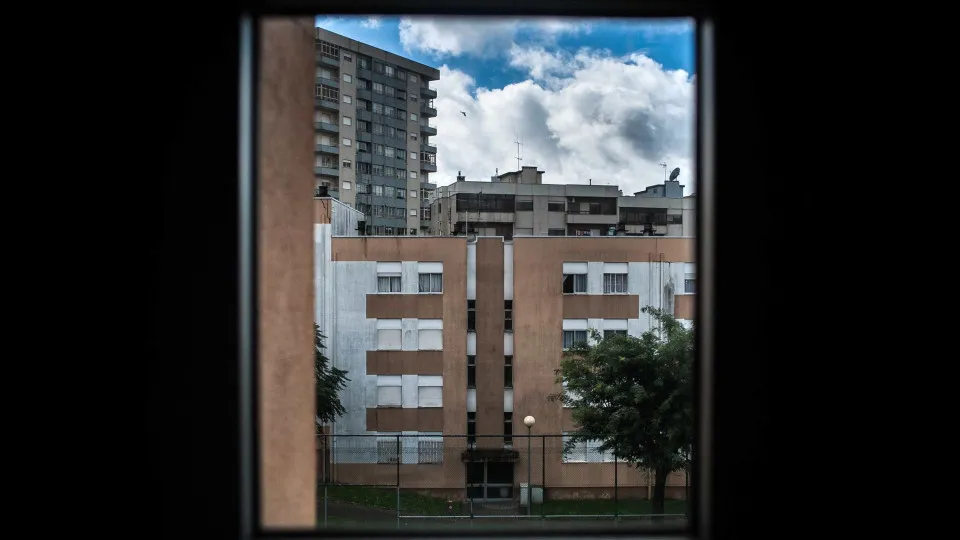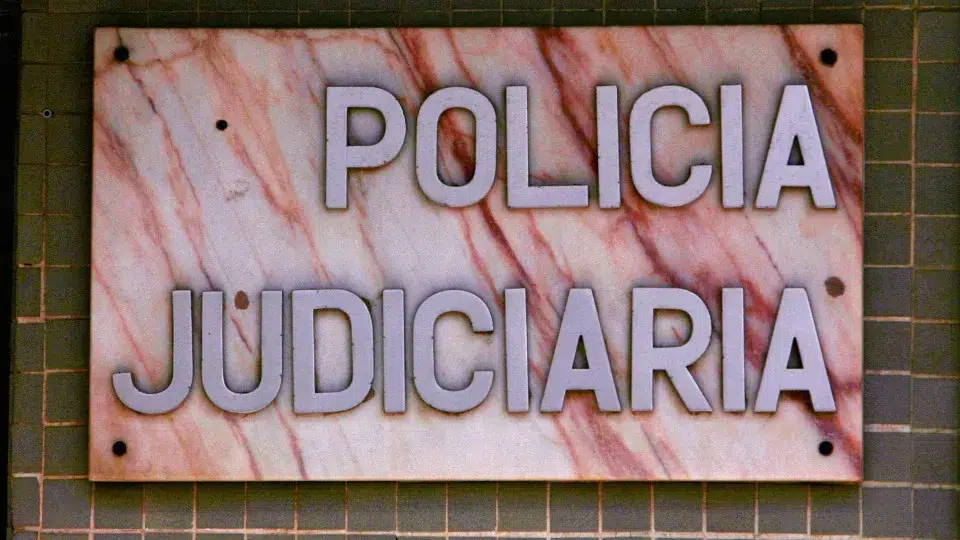
The Portuguese state’s real estate catalog, as outlined in the 2026 State Budget proposal submitted to parliament, includes approximately 43,000 rural properties. An additional 65,000 properties are registered under the state’s name due to the absence of known owners.
In managing the state’s real estate portfolio, with a projected budget of 852 million euros for 2026, the PSD/CDS-PP government plans to transfer ownership of all rural properties listed as private state property to respective municipalities. This transfer, made without requiring any compensation, aims to encourage property reuse, reduce fire risks, and enhance localized management and cohesion.
Regarding the registration of rural properties and land use monitoring systems, crucial to structural investments in agriculture and forestry, the government anticipates investing 1 million euros in 2026, following allocations of 17 million euros in 2024 and 60 million euros this year.
The budget report prioritizes enhancing and modernizing the state asset inventory while maximizing the value of Consest – Promoção Imobiliária, S.A.’s unique assets.
For the promotion of an “integrated and sustainable territorial vision,” with a projected budget of 75 million euros for 2026, plans include approving regional territorial planning programs and revising municipal master plans (PDM).
Recognizing the need for greater agility in municipal planning processes, the government aims to simplify and streamline PDM revision mechanisms to better adapt to new social, economic, and environmental realities.
The proposal calls for an integrated land registry system to provide effective knowledge of property ownership and land use. Integrating the property and simplified registry systems will improve property registration, prevent conflicts, facilitate planning, and create more favorable investment and territorial enhancement conditions.
Modernization efforts include developing an information system to support simplified rural property assessment and a georeferenced information management solution.
The budget report also mentions that the investment in implementing the Public Real Estate Property Information and Management System (SIGPIP), intended to catalog and register properties owned by central public administration entities, is expected to conclude by June 2026.
According to the government, SIGPIP will enable transparent management of real estate information in the public and private domains, part of the state’s direct administration, and state-owned enterprises, enhancing disclosure both to improve citizen engagement and facilitate oversight by control entities.
The plan includes developing tools that allow autonomous regions and municipalities to interact with the collected information.
Additionally, there will be an investment in a cultural heritage recovery program for 2026-2030. Funded through applications to regional operational programs 2020-2030, the Cultural Heritage Safeguard Fund, and the Heritage Rehabilitation and Conservation Fund, this program, managed by a partnership between the public company Estamo, Património Cultural, I. P., and respective municipalities, aims to rehabilitate around 250 classified properties over four years.




